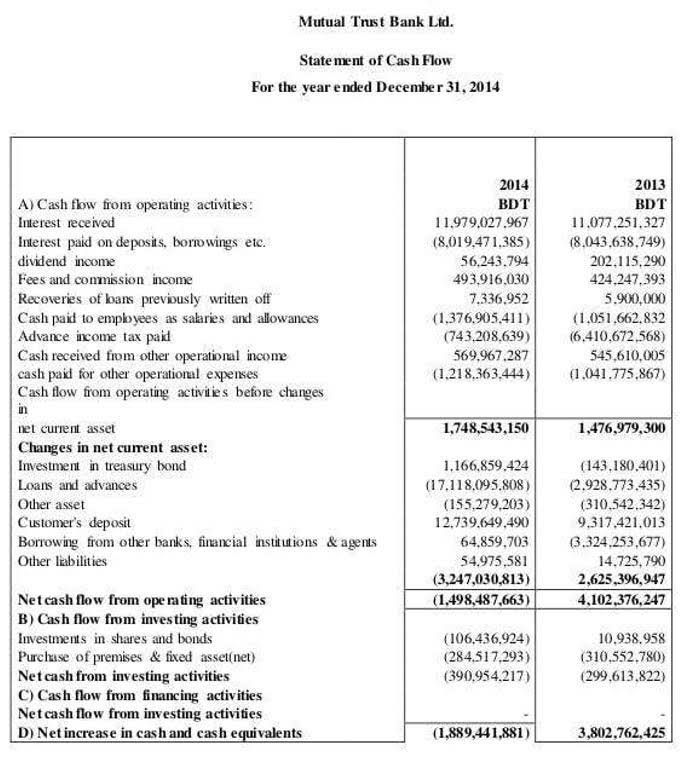Address
304 North Cardinal
St. Dorchester Center, MA 02124
Work Hours
Monday to Friday: 7AM - 7PM
Weekend: 10AM - 5PM
Address
304 North Cardinal
St. Dorchester Center, MA 02124
Work Hours
Monday to Friday: 7AM - 7PM
Weekend: 10AM - 5PM

In accounting, it can be used to calculate your cost of goods sold (COGS) and tax obligations. It can be especially misleading if you have several different types of products with varying production costs. For instance, if you sell two items and one costs $2 to produce while the other costs $20, the average cost of $11 doesn’t represent either cost very well.
A business that would benefit from this method would be car dealerships. They have a limited inventory, and each car has different features and specifications that affect its cost and price. In that case, it’s easier to trace the cost and revenue of each particular unit. Average cost valuation can be useful for companies that sell a large volume of similar products, such as cell phone cases. Average cost valuation uses the average cost of all your batches to determine the COGS for each unit. Compared to FIFO and LIFO, it is slightly easier since you’ll use the same COGS calculation for each unit sold.
The company would report a cost of goods sold of $1,050 and inventory of $350. This calculation is not exactly what happened because in this type of situation it’s impossible to determine which items from which batch were sold in which order. Notice how DIO would increase because of higher inventory and lower COGS, which is precisely what happens when we use the FIFO method during an inflationary period. Under US GAAP (Generally Accepted Accounting Principles), an accountant can use FIFO, LIFO, weighted average, and a specific identification method. However, the LIFO method cannot be used under IFRS (International Financial Reporting Standards). This assumption better reflects the reality of the flow of goods in the inventory.

Bill sells a specific model of a toaster on his website for $12 apiece. If you want to use LIFO, you must meet some specific requirements and file an application using IRS Form 970. There you will find a handful of investing and business management tools that will definitely impress you. You can use our how to calculate using fifo online FIFO calculator and play with the number of products you sold to determine your COGS. To the best of our knowledge, all information in this article is accurate as of time of posting. In our educational articles, a “top share” is always defined by the largest market cap at the time of last update.

The other 10 units that are sold have a cost of $15 each, and the remaining 90 units in inventory are valued at $15 each, or the most recent price paid. Typical economic situations involve inflationary markets and rising prices. Use QuickBooks Enterprise to account for inventory using less time and with more accuracy. QuickBooks allows you to use several inventory costing methods, and you can print reports to see the impact of labor, freight, insurance, and other costs. With QuickBooks Enterprise, you’ll know how much your inventory is worth so you can make real-time business decisions.
The average cost method, on the other hand, is best for brands that don’t see the cost of materials or goods increasing over time, as it is more straightforward to calculate. Therefore, it will provide higher-quality information on the balance sheet compared to other inventory valuation methods. The cost of the newer snowmobile shows a better approximation to the current market value. There are balance sheet implications between these two valuation methods.